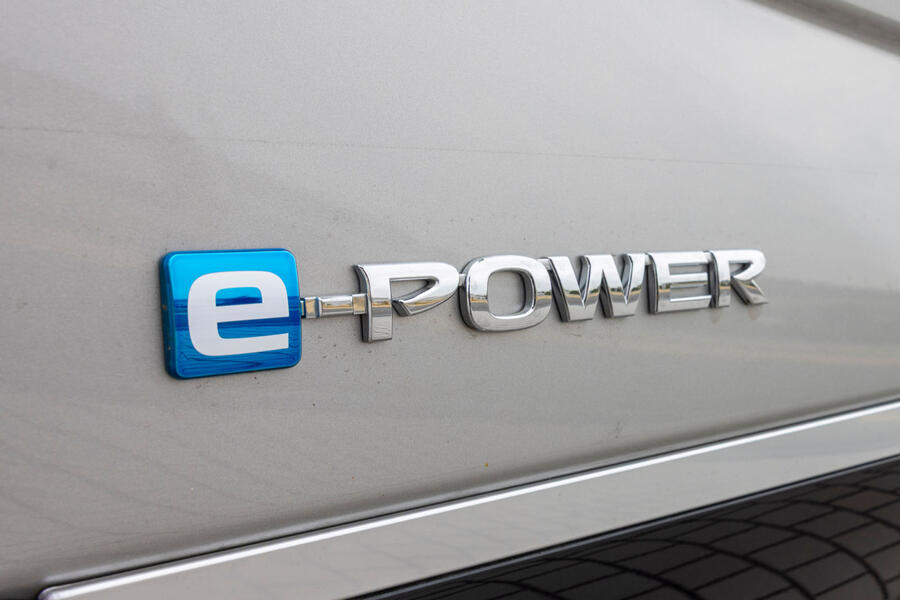Nissan is leading £2 billion worth of investment into its Sunderland plant to prepare it to build the new Leaf and electric successors to the Juke and Qashqai.
The first two of those models are imminent: the Leaf will arrive this year, the Juke soon after in 2026. But plans for the next-generation Qashqai EV have quietly been pushed back, due to uncertainty over EV uptake and regulations. Given the continued popularity of the segment-defining family crossover, that’s an understandable move.
Instead, Nissan is investing in further developing its hybrid technology and focusing on updating and improving the current Qashqai to keep it competitive against the baying pack of rivals that are all vying to be the ‘Qashqai rival’ of choice. You know the ones: the Ford Kuga, Kia Sportage, Honda HR-V, Dacia Bigster and many, many others.
Of particular focus is work to upgrade the Qashqai e-Power hybrid, which arrived in the UK in 2022 and has quickly become one of the most popular variants. This year it will gain what is classed as a whole new generation of the unusual hybrid system – and Autocar has had a short first taste.
How Nissan’s e-Power hybrid works – and what’s new
Nissan’s e-Power hybrid is notably different from the traditional parallel full hybrid systems. Those systems feature a combustion engine and an electric motor that both send power directly to the wheels, depending on the prevailing circumstances.
By contrast, Nissan’s e-Power system uses only the motor to drive the wheels, with the 1.5-litre four-cylinder petrol engine essentially used purely as a generator to power the motor and charge the 1.8kWh battery.
Akihito Shibuya, Nissan’s powertrain engineering director, said that the system was derived from technology developed for the Leaf, rather than a ICE powertrain that had been electrified. “It’s a different course of evolution,” he said, one that gives a driving experience “close to that of an EV".
Nissan launched the e-Power system in 2016, although the first generation was only offered in Japan. The second generation came in 2022 in the Qashqai e-Power, and Nissan has now developed a third generation, which draws even more closely from the Leaf and Ariya.
While Nissan claims the new e-Power system offers significant upgrades, you do have to look closely to spot them.
The engine is said to be an entirely new unit; it remains a 1.5-litre turbo petrol four and uses the same basic architecture, but the mapping has been reworked to optimise its function as a generator.








Join the debate
Add your comment
Pretty impressive figures for such a big'ish cars. The updated hybrid C3 recently reported officially registered 56mpg, this is much bigger, faster and could be 60mpg.
Good looking too so will continue to sell well.
Looks are subjective idiot, besides that's rich coming from someone saying the Renault 1.2 Austral is as classier as ever, difficult to confirm in the real world as I've never seen one.
You lust after every Renault without fail so your comments become pointless.